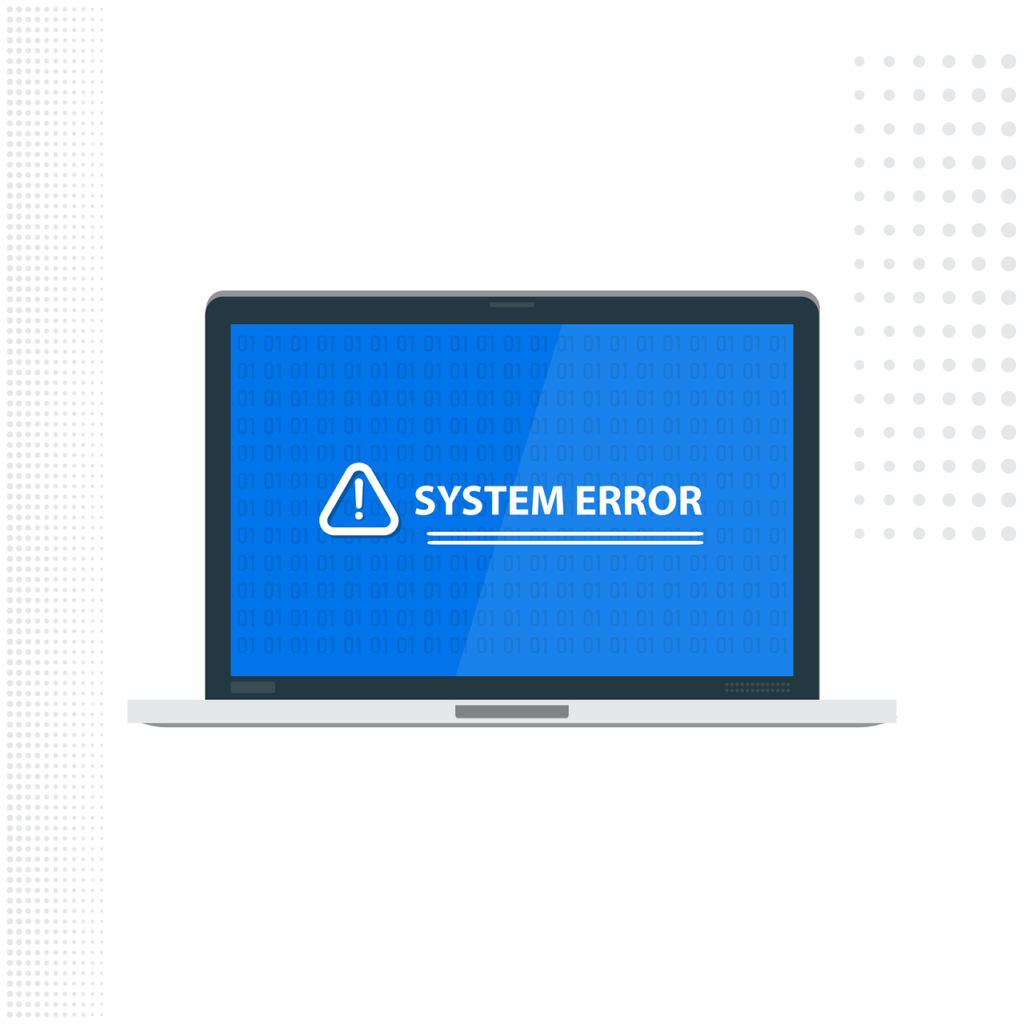
2024 votes results were supposed to be announce today by IEC but the is rumor of fraudulent votes.

The 2024 elections have cast a shadow over the political landscape, bringing with them a wave of conflict and division among various parties. Instead of fostering unity and democratic progress, the electoral process has ignited fierce battles, reflecting deep-seated tensions and competing interests that threaten to destabilize the political environment.
The lead-up to the elections was marked by intense campaigning and polarizing rhetoric. Parties across the spectrum employed aggressive strategies to secure votes, often prioritizing partisan gains over national cohesion. This adversarial approach fueled a climate of mistrust and hostility, setting the stage for post-election turmoil.
As the results were announced, it became clear that no single party had secured a decisive victory. This outcome plunged the political arena into chaos, with parties unwilling to compromise or form coalitions. The contested results led to widespread allegations of electoral fraud and manipulation, further exacerbating tensions.
Protests erupted in major cities, with supporters of different parties taking to the streets to voice their grievances. These demonstrations quickly escalated into violent clashes, resulting in property damage, injuries, and even loss of life. The government’s response, characterized by heavy-handed security measures, only deepened the public’s sense of disenfranchisement and anger.
The media, both traditional and social, played a significant role in amplifying the discord. Sensationalist reporting and the spread of misinformation fueled paranoia and division, making it increasingly difficult for a coherent narrative to emerge. This media landscape created echo chambers where inflammatory rhetoric thrived, further polarizing the electorate.
International observers expressed concern over the situation, urging for dialogue and peaceful resolution. However, their calls for calm were largely ignored as political leaders continued to prioritize their agendas over national stability. The failure to address underlying issues such as corruption, economic inequality, and social injustice has only added to the volatility.
The 2024 elections have underscored the fragility of the political system and the urgent need for reforms. The current turmoil highlights the dangers of a zero-sum approach to politics, where winning at all costs supersedes the greater good. It also raises critical questions about the integrity of democratic institutions and the role of governance in addressing the needs of the populace.
Moving forward, it is imperative for political leaders to adopt a more collaborative and inclusive approach. Dialogue and reconciliation should replace confrontation and division. Strengthening democratic processes and institutions is crucial to restoring public trust and ensuring that future elections can serve as a means of constructive change rather than a catalyst for conflict.
In conclusion, the 2024 elections have brought to the forefront the challenges and vulnerabilities within the political system. The ensuing conflict among parties serves as a stark reminder of the importance of prioritizing national unity and democratic integrity over partisan interests. Only through genuine commitment to these principles can a stable and prosperous future be achieved.






















